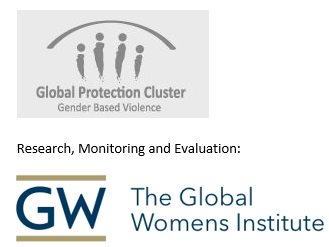- International humanitarian law (IHL) is a set of international rules designed to solve humanitarian problems arising from international (e.g. between States) or non-international (e.g. between a State and a non-State actor, or between two or more such actors) armed conflict. Also known as the law of armed conflict or the law of war, IHL aims to:
- protect persons who do not, or no longer, take part in hostilities, namely civilians, sick, wounded or shipwrecked and captured combatants; and regulate the method and means of warfare between parties to a conflict. (Adapted from the International Committee of the Red Cross website.).
- The principal instruments of IHL are the four Geneva Conventions of 1949 and their two Additional Protocols of 1977 and numerous conventions restricting or prohibiting the use of specific weapons, such as the Mine Ban Treaty and the Conventional Weapons Convention and its Protocols.
- Under international humanitarian law, women are provided with a two-tiered protection regime: general protection which applies to women and men equally, whether they are combatants or civilians, and specific protections which attempt respond to the particular needs of women. These specific protections include:
- Protection against sexual assault,
- Women deprived of their liberty,
- Expectant mothers and maternity cases,
- Preservation of family links.
Additional Resources
A detailed list of IHL protections afforded to women is provided in the annex to the ICRC Guidance Document Addressing the Needs of Women Affected by Armed Conflict (2004).
